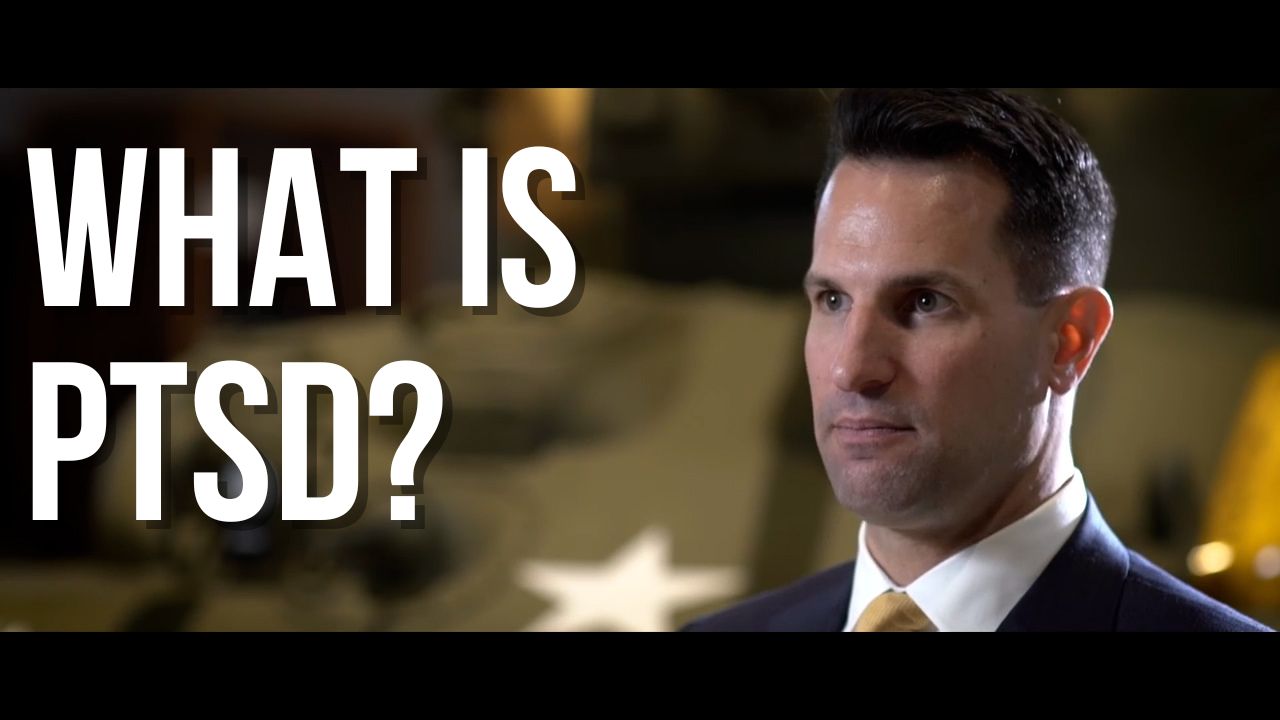Can I Get VA Disability Benefits for PTSD?
The VA uses special rules to grant disability benefits for PTSD. To receive VA disability benefits for PTSD, a Veteran’s post-traumatic stress disorder must be service-connected.
To prove service connection to a traumatic event, a claim must show:
- Clinically diagnosed PTSD under the standards of the Diagnostic and Statistical Manual of Mental Disorders (DSM-5), and
- Proof of an in-service stressor, and
- Medical evidence of a link between the in-service stressor and the current PTSD diagnosis.
Most of the time, a Veteran will need extra proof about an event in service that caused distress or trauma. This proof can be in the form of service personnel or treatment records, news reports, witness statements, or similar documentation. Sometimes, this extra proof isn’t needed.
The requirement for corroborating evidence is waived, and a Veteran’s own statements may be enough, if:
- PTSD was diagnosed in service, or
- The stressor event occurred during combat with hostile forces, or
- The stressor event was related to the Veteran’s fear of an actual threat of hostile military or terrorist act, or
- The stressor event was related to the Veteran’s time as a prisoner of war.
Because of the special rules for getting VA benefits for PTSD, it is more difficult to be service-connected for PTSD than for other mental health conditions. But often, medical evidence will show that a Veteran has mental-health disorders other than PTSD, and those may render the Veteran eligible for VA disability benefits more easily than a PTSD condition might.
Click here to learn more about getting VA disability benefits for other mental-health conditions.
The rules around VA disability benefits for PTSD are so complicated that even the VA gets them wrong with some frequency. Unfortunately, this means that many Veterans are denied the benefits they deserve. An experienced VA disability and PTSD attorney can help you determine the evidence needed to support your claim.
How Much Compensation Can I Get for PTSD?
Once the VA grants service connection for PTSD, the VA will assign a disability rating to the disability. If your rating is 10 percent or higher, the VA will pay you disability compensation.
Even if the severity of your PTSD does not warrant a 100 percent disability rating, you may still qualify for disability benefits at the 100 rating level if you cannot maintain substantially gainful employment. This is called a total disability rating based on individual unemployability due to service-connected disabilities (TDIU).
Click here to learn more about TDIU ratings.
VA disability ratings for PTSD are assigned the same way they are for other mental health disorders. A Veteran’s PTSD can be rated as 0, 10, 30, 50, 70, or 100 percent disabling for those with significant PTSD injuries. The rating assigned depends on the severity, frequency, and duration of your PTSD symptoms, as well as the overall effect of your PTSD on your ability to function normally in work and social settings.
Learn more about increasing your VA disability compensation generally.
At Berry Law, our experience has shown us that the VA often misses important evidence or doesn’t consider all of a Veteran’s symptoms. This regularly results in disability ratings for PTSD that are lower than a Veteran deserves. In 2021, the difference between a 50 percent and 70 percent disability rating for a Veteran without any dependents is $7,778.88 per year.
Unfortunately, many Veterans with post-traumatic stress disorder run into roadblocks when they seek the disability benefits they need.
The VA may:
- Deny that a Veteran suffers from service-connected PTSD
- Award benefits at a lower disability rating than the Veteran deserves
- Determine an incorrect effective date for the Veteran’s benefits, which can reduce the amount of back pay that a Veteran receives.
If you face any of these obstacles, Berry Law wants to help.







